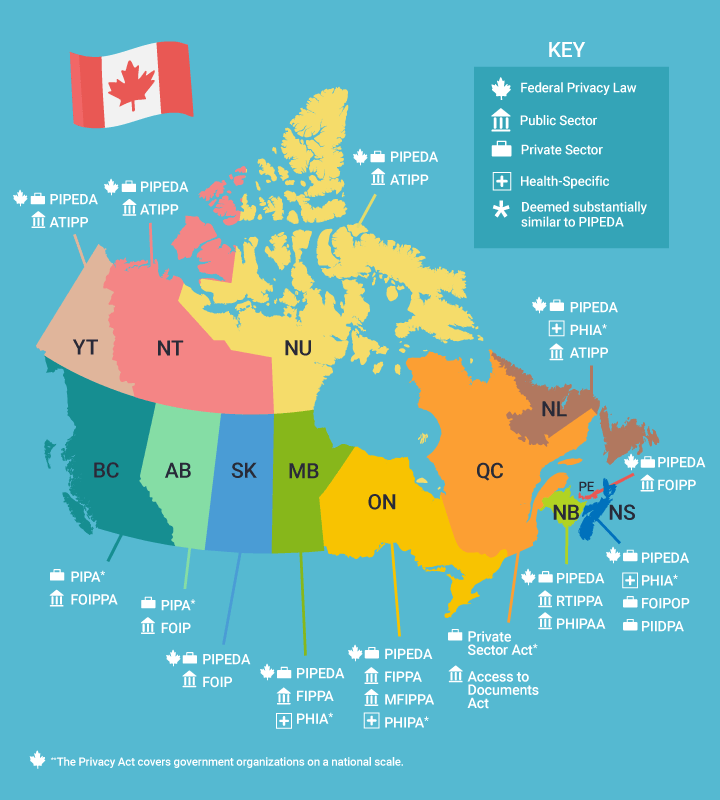CanWealth Canada Local Compliance and Regulation Insights
CanWealth Canada – Local Compliance and Regulations

Engage with the local regulatory environment in Canada by prioritizing compliance as a foundational element of your operations. Understanding the nuances of Canadian laws and regulations can significantly enhance your firm’s credibility and efficiency in the marketplace.
Specify your objectives and align them with the guidelines set forth by regulatory bodies such as the Canadian Securities Administrators (CSA) and the Financial Transactions and Reports Analysis Centre of Canada (FINTRAC). Regular assessments of compliance protocols ensure that your organization meets current legal requirements and adapts to any updates in legislation.
Incorporate a robust internal training program that educates employees on compliance best practices. A well-informed team can identify potential regulatory risks early, mitigate issues, and maintain public trust. Consider outsourcing compliance audits to specialized firms for an objective evaluation of your processes.
Stay informed about local trends by subscribing to updates from relevant authorities and engaging with industry associations. This proactive approach not only shields your organization from penalties but also positions you as a leader in corporate integrity and governance.
Understanding Provincial Tax Requirements for Wealth Management
Consult each province’s tax structure to tailor wealth management strategies effectively. British Columbia imposes a top marginal tax rate of 53.5%, while Alberta, known for its competitive rates, has a maximum of 48%. Consider the tax implications of investment income and capital gains in these regions.
In Ontario, recognize that the provincial tax rate reaches 53.53%. Utilize tax credits available for investments in technology or renewable energy sectors. Quebec not only has a complex tax system but also offers distinct tax credits for family trusts. Ensure compliance with their unique requirements and maximize available benefits.
Saskatchewan offers lower tax rates and attractive incentives for small businesses. If your clients are entrepreneurs, leverage these opportunities for better wealth accumulation. In Nova Scotia, be aware of the province’s additional surtax on higher income tiers, which can affect high-net-worth clients’ strategies.
Monitoring changes in provincial tax legislation is crucial. Each year, budgets may introduce new incentives or alter existing ones. Regularly review tax compliance obligations with a professional who understands local nuances in wealth management.
Engage with tax professionals to explore tax-efficient investment vehicles like RRSPs or TFSAs in each province. Implementing these strategies can significantly reduce taxable income while promoting long-term growth. Tailor your approach according to each client’s unique circumstances, considering their province of residence to optimize wealth management results.
Navigating Anti-Money Laundering Regulations in Canadian Financial Services
Adopt a proactive approach to Anti-Money Laundering (AML) compliance by implementing a robust risk management framework. Begin by conducting thorough customer due diligence (CDD) to identify and verify the identity of your clients. This includes obtaining documentation such as government-issued ID, proof of address, and understanding the nature of their financial activities.
Regularly train your staff on AML policies and red flags associated with suspicious activities. Organize workshops that inform employees about the importance of reporting any anomalies, which can help in mitigating risks promptly. Ensure that all personnel understand the legal implications of non-compliance and the potential consequences for both the institution and the clients.
Establishing a Comprehensive Monitoring System
Implement a monitoring system that utilizes transaction analysis to detect unusual patterns. Use technology to automate alerts for high-risk transactions, enabling a swift response when necessary. Such a system should be capable of flagging activities that deviate from established customer profiles or trigger any predefined thresholds.
Besides having internal audits, engage third-party experts to assess the robustness of your AML procedures. This external review can uncover potential weaknesses and suggest improvements, enhancing the overall compliance framework.
Staying Updated with Regulatory Changes
Constantly monitor updates from the Financial Transactions and Reports Analysis Centre of Canada (FINTRAC) and other relevant authorities. Subscribe to regulatory newsletters or join industry associations that provide regular insights into compliance requirements. By remaining informed, you can swiftly adapt your policies and practices to meet new regulations.
For additional resources and insights into managing AML compliance in your financial organization, refer to canwealth reviews.
Q&A:
What are the key compliance requirements for wealth management firms in Canada?
Wealth management firms in Canada face a range of compliance obligations including registration, anti-money laundering (AML) regulations, and reporting requirements. Firms must register with regulatory bodies such as the Canadian Securities Administrators (CSA) and adhere to provincial regulations. They are also required to implement AML programs to detect and prevent financial crimes. Reporting obligations may include tax compliance measures, such as the Common Reporting Standard (CRS), which mandates reporting financial account information to tax authorities. It is crucial for firms to stay updated on these requirements to maintain their licenses and avoid penalties.
How does local regulation affect investment strategies for wealth managers in Canada?
Local regulations significantly shape the investment strategies that wealth managers can employ. For instance, regulations may impose restrictions on the types of investments permitted or dictate the level of risk that can be undertaken in client portfolios. Wealth managers must comply with provisions that require them to act in the best interests of their clients, which influences asset allocation decisions and due diligence processes. Additionally, local tax laws can impact investment returns and financial planning strategies. As a result, wealth managers must carefully integrate regulatory considerations into their investment approaches while ensuring alignment with client objectives.
What resources are available for wealth management firms to ensure regulatory compliance in Canada?
Wealth management firms can access a variety of resources to support compliance with Canadian regulations. Regulatory bodies such as the CSA provide guidelines and publications outlining compliance expectations. Professional associations, including the Investment Industry Association of Canada (IIAC) and the Portfolio Management Association of Canada (PMAC), offer training programs, seminars, and best practice information tailored to industry professionals. Additionally, firms may invest in compliance software tools that help monitor transactions, perform risk assessments, and generate necessary reports to adhere to regulations. Engaging legal or compliance experts can also support firms in navigating complex regulatory environments.
What are the consequences of non-compliance in the wealth management industry in Canada?
Non-compliance with regulatory standards in the wealth management sector can lead to severe consequences, including financial penalties and loss of licenses to operate. Regulatory authorities may impose fines for violations of compliance rules, which can harm a firm’s reputation and client trust. In extreme cases, firms may face criminal charges if found engaging in fraudulent activities. Non-compliance can also lead to increased scrutiny from regulators, potentially resulting in more frequent audits and rigorous oversight. Maintaining compliance is therefore critical not only for legal adherence but also for ensuring the long-term success and stability of a wealth management firm.
Reviews
Daniel
It’s hard to believe that some still underestimate the intricacies of compliance in the finance sector across the Great White North. Ignoring local regulations can lead to hefty fines and damage reputations. Some people might think it’s just red tape, but it’s much more than that. If you’re not staying ahead, you risk everything. Why take the chance? Playing by the rules isn’t just about avoiding penalties; it’s a strategic move that separates the serious players from the amateurs. Anyone who isn’t on board is simply asking for trouble.
Ava Smith
Local compliance and regulation in Canada presents a unique set of challenges and opportunities for businesses. The regulatory environment can be complex, yet understanding its nuances is key to successful operations. It’s interesting to see how different provinces may have varying requirements, making it essential for companies to stay informed and adaptable. I appreciate the emphasis on transparency and accountability within Canada’s regulations, as they help build trust with consumers and stakeholders. Companies that prioritize compliance not only mitigate risks but may also enhance their reputation in the market. Keeping an eye on upcoming changes or trends in regulation could provide valuable insights for future strategies.
ChaosMaster
This is a fascinating topic, and I’m excited about how compliance and regulations can actually benefit local businesses! Can you imagine a scenario where organizations can thrive while adhering to the rules? It’s like a safety net that keeps everyone on a fair playing field. By ensuring transparency and accountability, these regulations encourage trust among clients and partners alike. I truly believe that companies will see this as an opportunity to innovate and differentiate themselves. Transparency builds better relationships with customers, leading to long-term success. I’m optimistic that as businesses adapt, they’ll discover new avenues for growth while remaining compliant. The future looks bright for those willing to embrace these guidelines!
Emma
I found the insights shared about local compliance and regulation in Canada to be quite refreshing! It’s interesting to think about how specific regulations impact businesses at the community level. The focus on adapting to local needs really resonates with me. I’d love to hear more about how different regions interpret these guidelines and what challenges they face. It’s a fascinating topic that feels so relevant, especially for those of us interested in the intersection of finance and local culture. Thanks for sharing this perspective!

